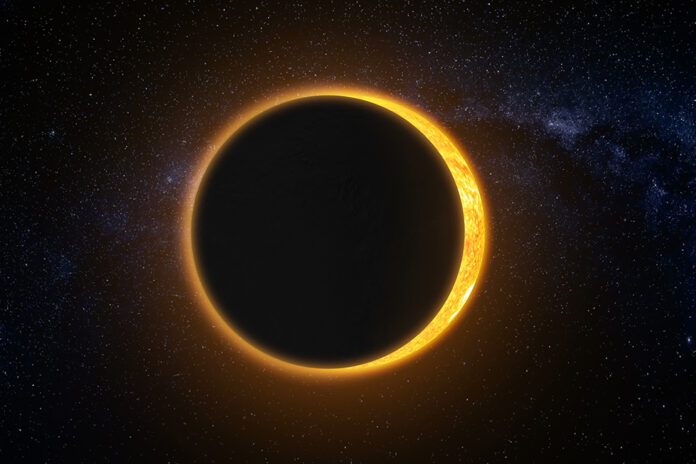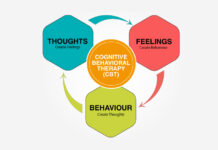
When we think about a total eclipse, our primary focus tends to be on the celestial mechanics and the importance of protecting our eyes. However, the psychological and physiological effects on individuals witnessing this awe-inspiring event can be profound and worth considering.
Emotional Impact
First, the emotional realm. The rarity of a total eclipse, combined with its dramatic display, can elicit strong emotional responses from awe and elation to a profound sense of existential reflection. For some, this astronomical event can be a source of inspiration and a moment of connection with the grandeur of the universe. For others, particularly those who may be prone to anxiety or have a tendency towards existential dread, the sudden daytime darkness can trigger feelings of unease or discomfort.
Circadian Rhythm Disturbance
The abrupt shift from daylight to darkness and back again can momentarily confuse our circadian rhythms, the internal process that regulates our sleep-wake cycle. While a single event is unlikely to have a long-lasting effect, sensitive individuals might experience temporary disruptions in their sleep patterns or mood.
Group Dynamics and Crowding
Eclipses often draw crowds to specific viewing areas, leading to large gatherings. For individuals not accustomed to or comfortable with large crowds, this can induce stress or anxiety. Conversely, the communal experience of sharing a once-in-a-lifetime event can foster a sense of unity and collective euphoria, contributing positively to one’s emotional well-being.
The Somatic Experience
The sudden drop in temperature during a total eclipse can have a tangible physiological effect, potentially causing a slight shiver or goosebumps—a physical manifestation of the awe or excitement the event inspires. Moreover, the reduction in light can prompt the pupils to dilate, and once the light returns, it might take a moment for your eyes to adjust, causing temporary discomfort.
A total eclipse is not just a visual spectacle but an event with a multi-faceted impact on human health and well-being. From emotional reactions to physiological changes, the experience of an eclipse can resonate on various levels. As we prepare to witness such celestial events, understanding and anticipating these lesser-known effects can enrich our experience, allowing us to fully embrace the moment while taking care of our overall health.
This holistic approach to experiencing and understanding the total eclipse reminds us of the intricate relationship we have with our environment and the cosmos, highlighting the importance of nurturing not just our physical health but our mental and emotional well-being too.












